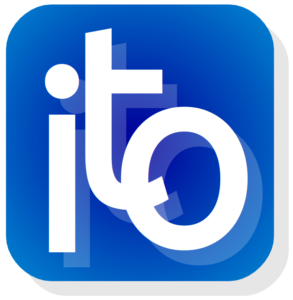In the fast-evolving tech industry, software developers equipped with a broad spectrum of skills are not just proficient; they are exceptional, often referred to as ‘super software developers.’ These professionals exhibit a unique blend of technical prowess, problem-solving abilities, and adaptability, making them invaluable assets in any tech-driven company.
With skills like efficient problem-solving, understanding complex algorithms, and mastering debugging techniques, these developers can navigate through challenges in various programming languages with ease. Their proficiency in version control and software testing ensures robust, reliable, and collaborative project development. Skills like memory management and understanding of design patterns contribute to creating efficient and scalable software solutions.
Additionally, their ability to adapt to cross-platform development needs and responsiveness to security best practices aligns perfectly with the growing demands of the digital world. These super developers are not just coding experts; they are strategic thinkers who can anticipate and adapt to future technological trends, making them ideal candidates for driving a company’s long-term innovation and success.
The 20 key skills of these super developers are universally transferable across a multitude of programming languages. These skills allow them to adapt, excel and navigate the complexities and evolving nature of different programming languages effectively, now and in future.
1. Problem-Solving and Logical Thinking: Crucial for deconstructing complex issues and finding effective solutions in any programming language.
2. Understanding of Algorithms and Data Structures: Vital for creating efficient code, regardless of the programming environment.
3. Debugging Skills: Essential in identifying and solving problems in code across different languages.
4. Version Control Knowledge: Skills in tools like Git are crucial for managing changes and collaborating on projects.
5. Code Readability and Documentation: Important for maintaining clear and understandable code, as well as documenting its functionality.
6. Logical Control Structures: Understanding loops, conditionals, and control flows is fundamental in programming.
7. Basic Syntax Understanding: Grasping the basics of syntax helps in quickly learning new programming languages.
8. Error Handling: Managing and anticipating errors effectively is critical in diverse programming contexts.
9. Efficient Use of Libraries and Frameworks: Knowing how to leverage existing resources is a valuable skill.
10. Software Testing: Essential for ensuring code functionality and reliability.
11. Optimization Techniques: Important for enhancing the performance and efficiency of code.
12. Cross-Platform Development: Skills in developing software that works on various devices and platforms.
13. Understanding Design Patterns: Helpful in creating robust and maintainable code.
14. Security Best Practices: Crucial for ensuring the safety and integrity of software.
15. Collaborative Skills: Necessary for effective teamwork in software development.
16. Responsive Design: Important for creating applications that work well on various devices.
17. Refactoring: Useful for improving the structure and performance of existing code.
18. Memory Management: Crucial for efficient use of resources in programming.
19. Concurrency and Multithreading: Managing multiple processes or threads simultaneously.
20. Client-Server Model Understanding: Knowledge of client-server interactions is applicable in many programming scenarios.
Each of these skills plays a critical role in a programmer’s ability to adapt to and excel in different programming languages, making them invaluable in the dynamic field of software development.
In summary, a super software developer, with a vast array of transferable skills, is not only an asset for immediate project needs but also a strategic player in shaping the technological future of a company. Their multifaceted expertise ensures they stay ahead in the technology curve, positioning the company for sustained growth and innovation in the rapidly advancing tech landscape.

